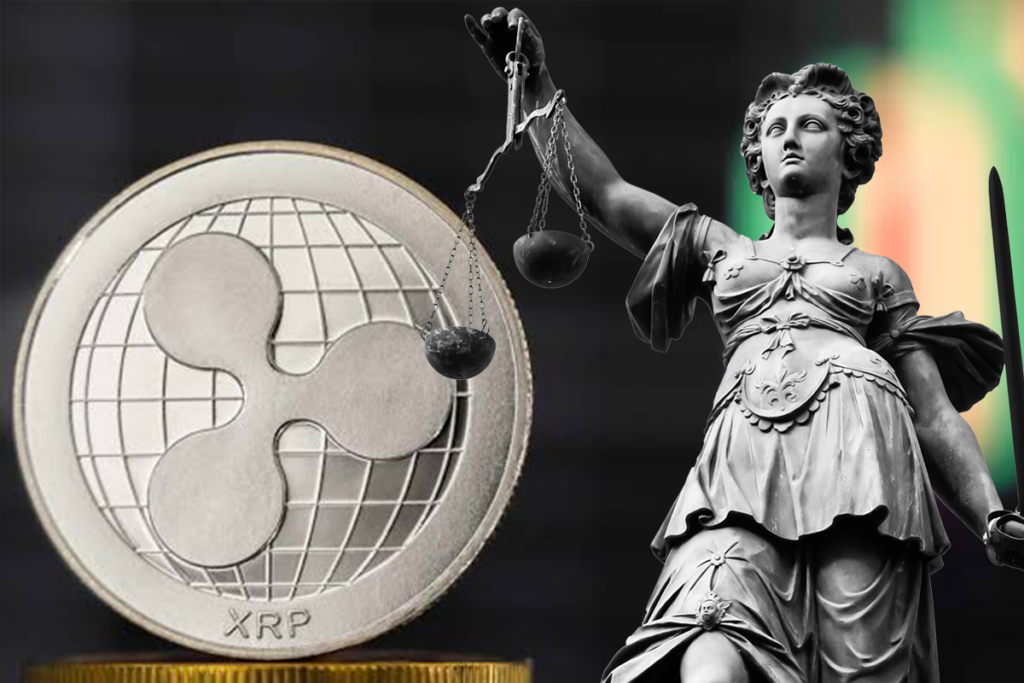The recent court ruling declaring Ripple’s XRP token as not a security when traded on digital asset exchanges has sparked a wave of positive sentiment within the cryptocurrency industry. Stuart Alderoty, Chief Legal Officer at Ripple, emphasized that the court’s decision clearly establishes XRP as not being a security, a matter now considered law and not subject to trial.
XRP Court Ruling: A Significant Milestone, but Implementing New Crypto Law Could Be a Lengthy Process
The ruling also addressed various aspects not under trial, including sales on exchanges, sales by executives, and other XRP distributions to developers, charities, and employees, all being deemed not securities. This ruling can potentially serve as a precedent for others entangled in the SEC‘s regulatory scrutiny.
While the XRP court ruling is a significant milestone, Alderoty expressed hope that Congress would utilize this decision to create a coherent regulatory framework moving forward. He added that further court proceedings are pending as per the court’s order, and Ripple is assessing its next steps.

Nonetheless, the United States Securities and Exchange Commission (SEC) has the option to appeal the ruling. Lewis Cohen, co-founder of DLx Law, a law firm specializing in crypto assets and blockchain technology, noted that the SEC could attempt to “reverse” the ruling through an appeal once it becomes final. The SEC may also pursue similar actions in other federal districts to seek alternative outcomes.
According to a blog post by law firm Holland & Knight, while the court’s summary judgment on certain aspects of the case indicates some measure of finality regarding the SEC’s jurisdictional reach, an appeal would be considered interlocutory at this stage, given that the court did not fully dispose of the case. Interlocutory appeals are infrequently granted in practice, which means that if the SEC decides to appeal the ruling, the process could take months or even years to reach a conclusion.
















Leave a comment